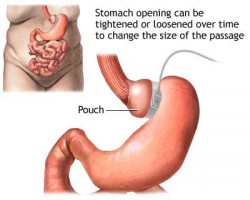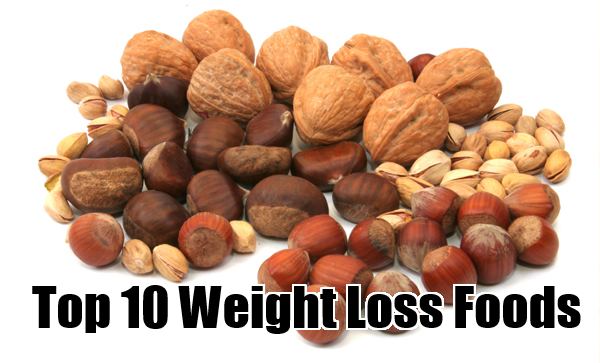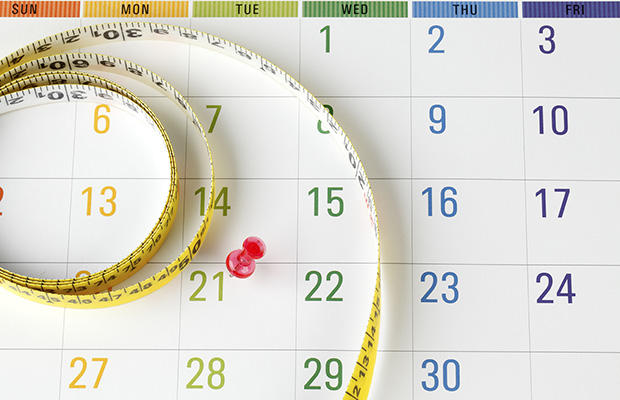 Photograph by studiocasper/Getty Images
Photograph by studiocasper/Getty ImagesHopping on the scale every single morning might seem like the best way to track your weight and nip tiny gains in the bud. But that sort of hypervigilance can actually backfire. "I don't usually recommend weighing every day, because so many little changes can occur [that affect your weight]," says Atlanta-based registered dietitian Marisa Moore. Namely, you'll retain water, which is bound to happen if you eat anything at a holiday party that contains a modicum of sugar, salt, or alcohol (hello, that's everything). The problem: You'll likely feel guilty or even like a failure when you see the number on the scale begin to tick up, and those feelings can have a profound effect on what you put in your mouth, often leading to binge eating or overeating.
Of course, steering clear of the scale entirely could mean you're faced with an unpleasant surprise come January 2. To strike a happy medium, weigh in once a week. "That means you're not having to worry about your weight every single day, so you can enjoy the holidays," Moore says. When you do weigh yourself, don't stress if you see that you're a pound or two heavier than normal—that's likely water weight. But if you go any higher than that, it might be time to cut back on the cookies.
2. You save up for a splurge.
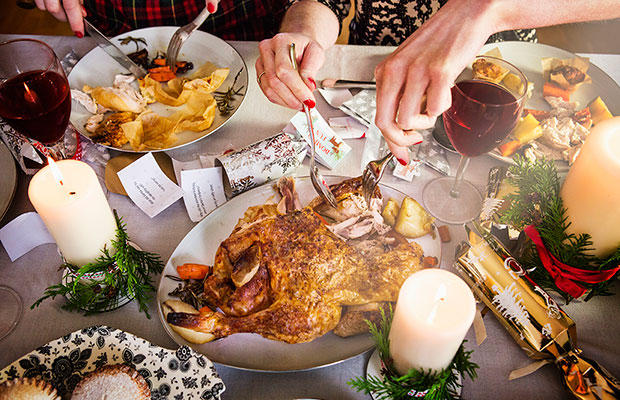 Photograph by Betsie Van Der Meer/Getty Images
Photograph by Betsie Van Der Meer/Getty ImagesIt's no secret that holiday parties are a goldmine for rich, delicious, calorie-dense delights. But scrimping on food all day so you can go crazy at a dinner or night party is a rookie move. When we're famished, we tend to eat whatever's in sight—making it more likely that you'll beeline for the cheesy puffs than the shrimp cocktail, Moore says. (Find out which party foods to choose here.) Starving yourself all day also sets up a weird psychological effect: Since you haven't eaten anything, you feel justified to chow down on huge portions of whatever you want.
Rather than go all or nothing, try a more moderate approach. "Eat mostly like normal, but cut back just a little bit," says Moore. Have half your usual portion of brown rice for lunch, for example, or skip the crackers or croutons with your soup or salad. But if you normally have a snack before dinner, don't skip it on the night of a party or food-centric function. This way, you'll get to the event hungry but not starving, and still have enough sense to avoid piling your entire plate with pigs in blankets. (Try one of these delicious, clean eating snacks without guilt.)
3. You tell yourself you'll be on a diet come New Year's Day.
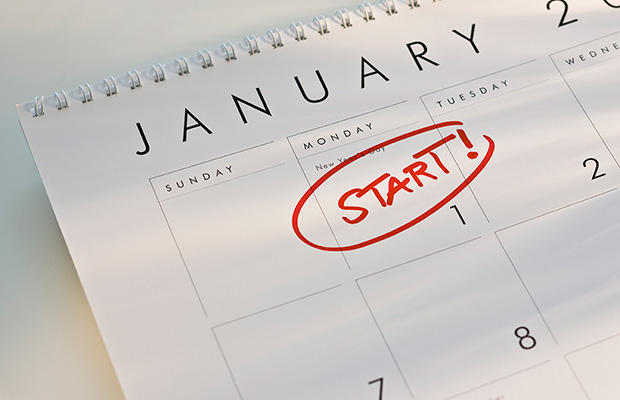 Photograph by Tom Grill/Getty Images
Photograph by Tom Grill/Getty ImagesOffice party on Wednesday. Annual neighborhood potluck on Thursday. Baking cookies with the gang on Saturday. And caroling and hot chocolate on Sunday. The endless parade of opportunities to eat junk can make it easy to just tell yourself that you're going to give up on even trying to maintain some semblance of a healthy diet until the New Year. (Here are 8 New Year's resolutions that are easy to stick with.) The only problem? "Once you say you're off the wagon, it takes longer than you think to get back on," Moore say. "So January 1 turns into January 15, and the unhealthy things become habits." And trust us: Eating all that junk will make you feel physically, mentally, and emotionally worse—which is no way to spend the most wonderful time of the year.
But how do you prevent a string of holiday events from leading you down a rabbit hole of poor eating? Moore says to enjoy your favorite treats when you're at a party or special event, but then go back to your normal diet at your very next meal. "Getting back on track as soon as possible is key, because it's really about the habits we make," Moore says.
To make this easier, keep the holiday junk out of your house—this way, you can at least have control over your home environment, even if you don't always have a say in whether your friend puts out those delicious cream-cheese brownies you can't stop eating. "You still get to enjoy the holiday fun, but the food isn't sitting there for you to nosh on all week at midnight," Moore says.



